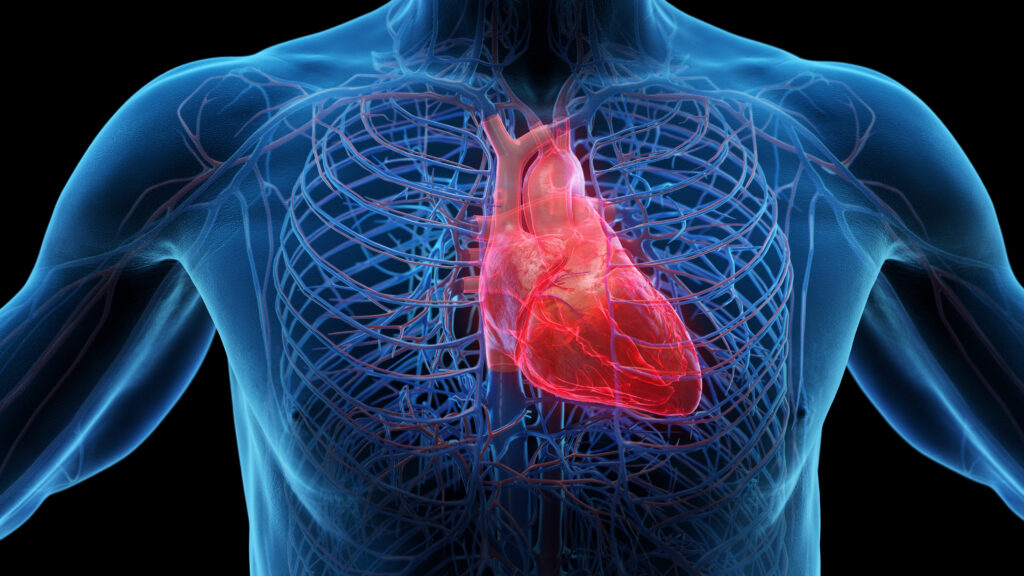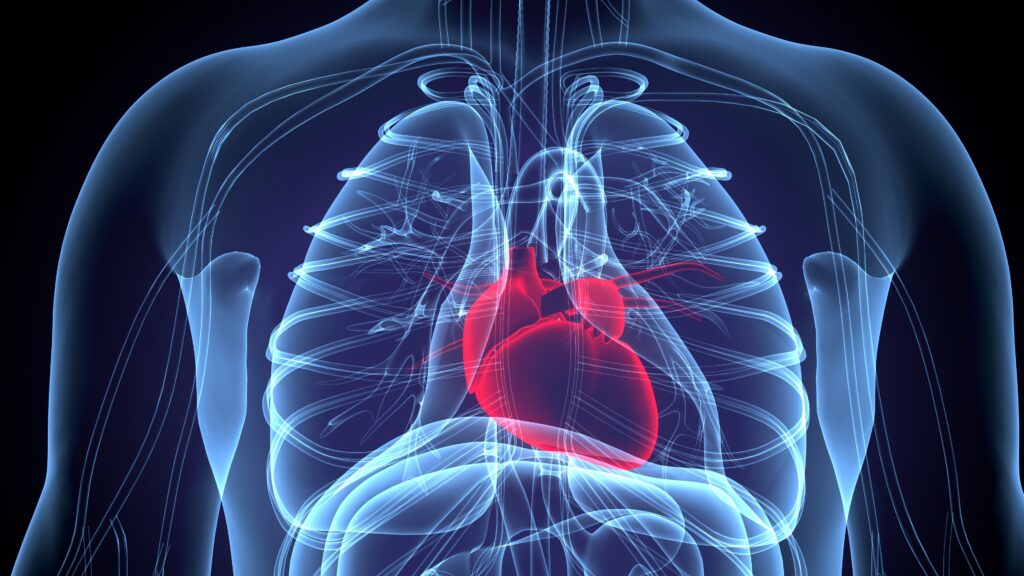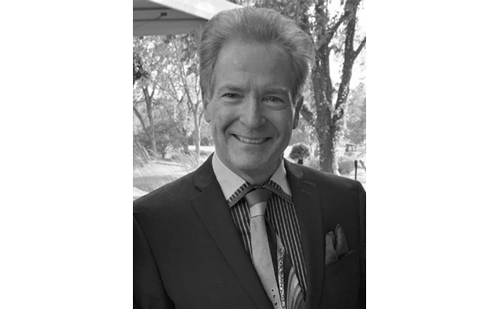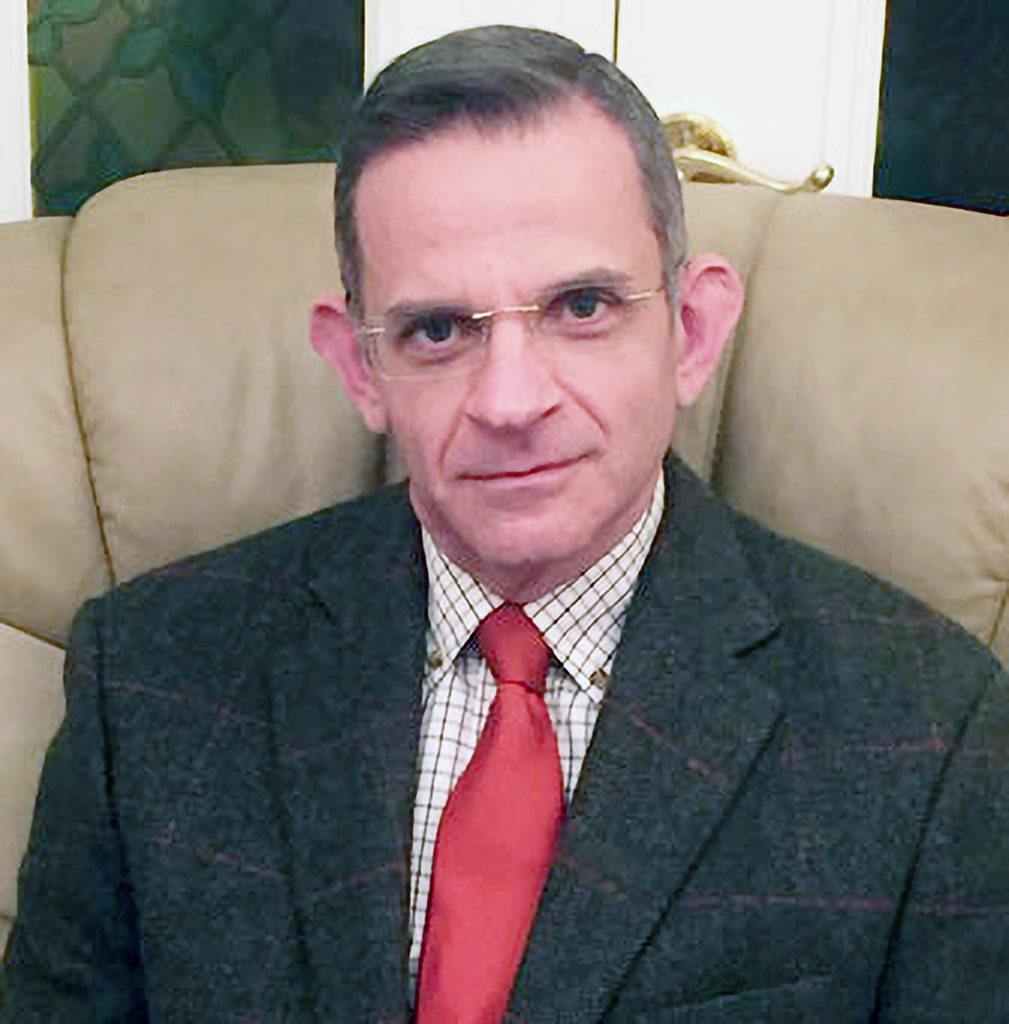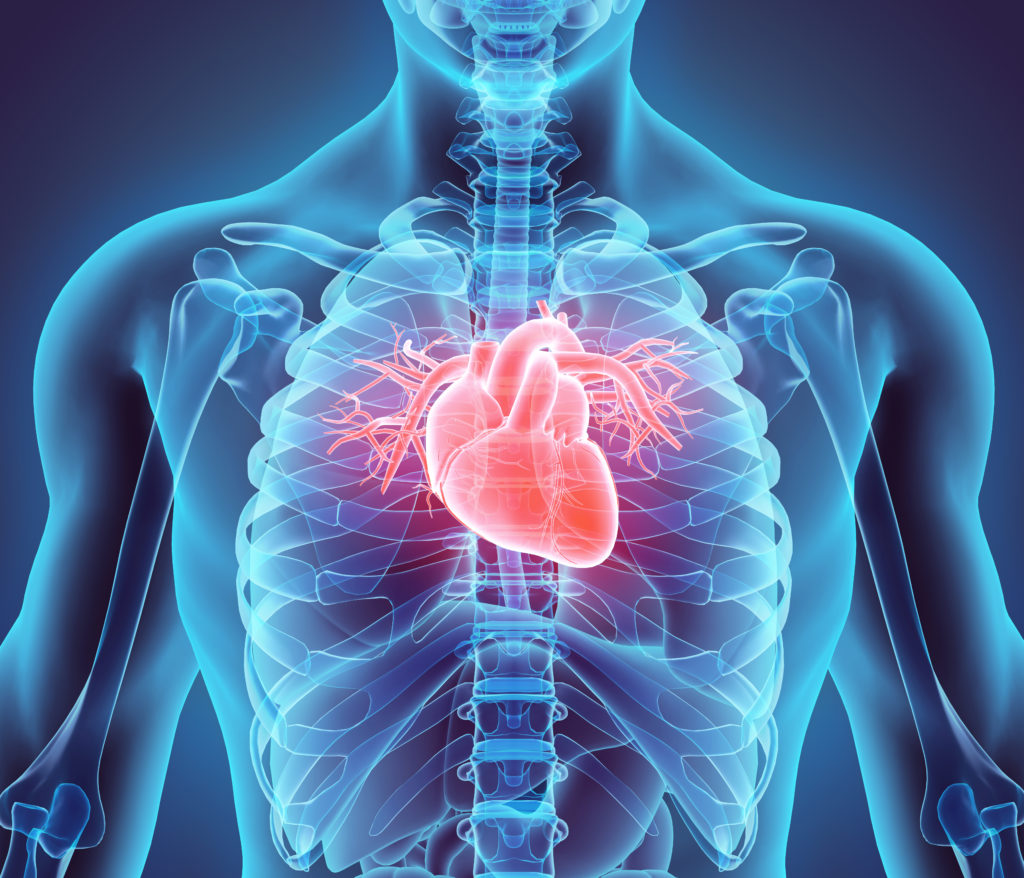Introduction: Patients with established implantable defibrillation devices (ICDs) are traditionally reviewed in routine ICD or complex device clinic as part of their ongoing surveillance. Advances in remote monitoring have led to a high frequency of automated alerts to life-threatening arrhythmias such as ventricular tachycardia (VT). This has driven demands in patient care to identify patients who may benefit from more intense investigations, clinical and psychological management to mitigate their perceived future morbidity and mortality.
Methods: We have developed a clinical service that can rapidly assess and manage patients from symptomatic and progressive asymptomatic tachyarrhythmia therapies in a dedicated outpatient clinic. This is led by a highly specialised complex device nurse and enthusiastic clinical team.
Results: From establishing our weekly OxVT clinic in August 2021, we have seen 65 new patients who fulfil our strict inclusion criteria. Unsurprisingly, 47 patients (71%) have underlying ischaemic heart disease as the primary aetiology of their ventricular arrhythmia. The remaining are non-ischaemic aetiology including idiopathic dilated cardiomyopathy (n=8), arrhythmogenic cardiomyopathy (n=3), sarcoid (n=1), adult congenital heart disease (n=3), hypertrophic cardiomyopathy (n=2), cardiac amyloid (n=1) or calcium release deficiency syndrome (n=1).
These patients present along a spectrum of device-related therapy, from appropriate shocks to frequent episodes of asymptomatic anti-tachycardia pacing. They all undergo a series of holistic assessment resulting in a personalised management and follow-up plan. These range from individual psychological support, device optimisation/upgrades, optimal medical management to invasive catheter ablations. Patients are provided with a dedicated first point of contact and regular follow-up until confident to discharged back into routine ICD follow-up.
Conclusion: These complex patients require a personalised approach to bridge the gap to routine device monitoring. This can be achieved effectively with a highly specialised complex device nurse working alongside a multidisciplinary team.



